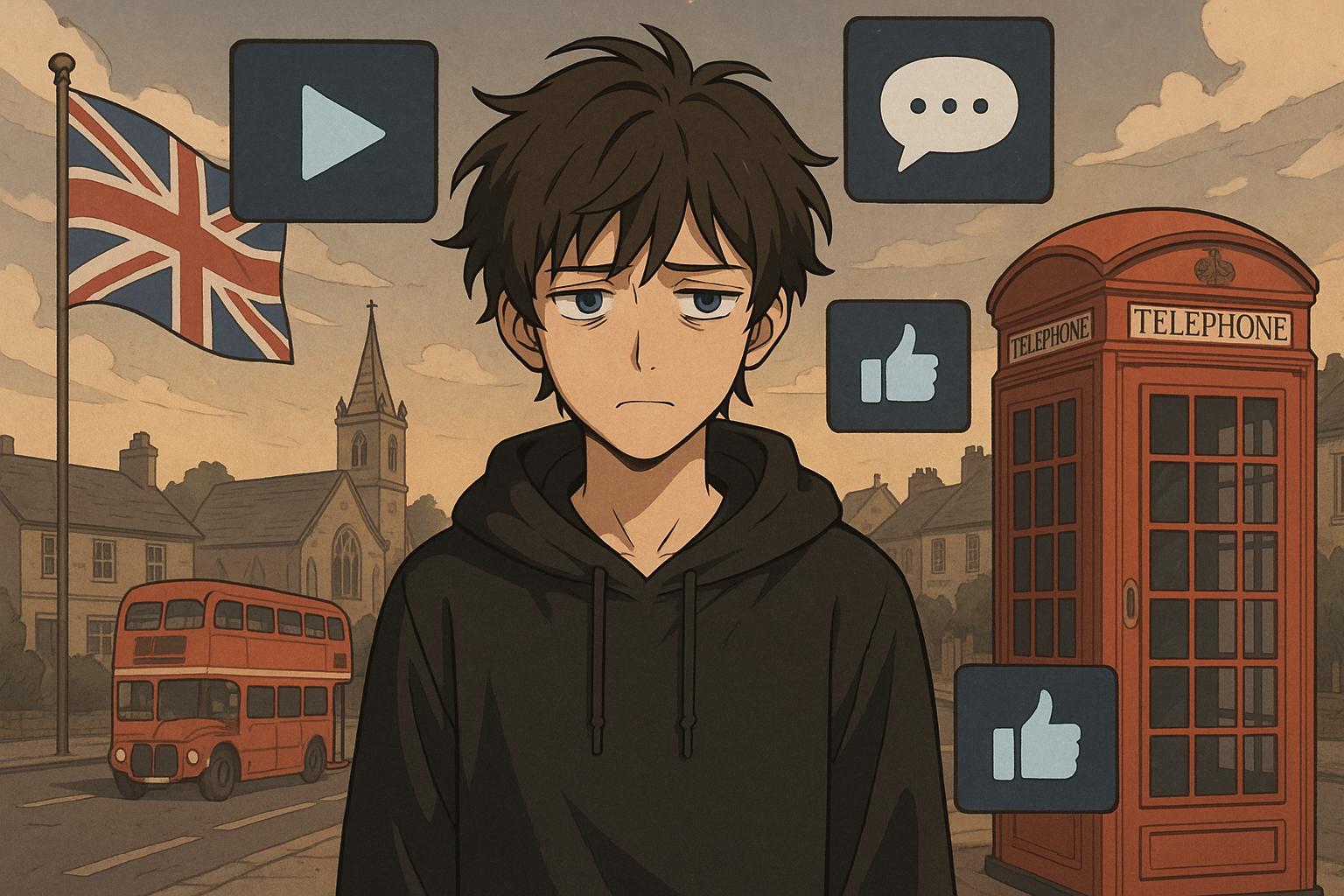Almost half of Britons have reported feeling like strangers in their own country, attributing this sense of alienation to both the rise of home working and failures in societal integration. A recent survey conducted by More in Common, involving over 13,000 adults, reveals that 50% of respondents feel disconnected from their community, sparking urgent conversations about the implications for social cohesion in the UK.
The survey's findings coincide with comments from Labour leader Sir Keir Starmer, who recently expressed concerns about the potential for the UK to become an "island of strangers" without stricter immigration controls. This statement has stirred controversy, drawing uncomfortable comparisons to Enoch Powell's infamous 1968 "Rivers of Blood" speech, which lamented the perceived loss of identity among the native population due to mass immigration. Critics have cautioned that Starmer’s language risks deepening societal divisions, despite his insistence on the importance of migration and its contributions to the country.
This dip in social connection is not uniformly experienced across demographics. The research highlights a disparity, revealing that Asian British individuals are more likely to feel disconnected (47%) compared to their white British counterparts (44%). The survey also uncovered a generational divide; younger Britons, in particular, appear to harbour increased mistrust towards others, suggesting that a deeper societal shift may be underway.
Focus groups engaging with the data similarly pointed to the impact of technology on social life. Participants noted that the convenience of digital communication has led to a decline in face-to-face interactions, contributing to a sense of isolation. Ruqayyah, a support worker, remarked that the increasing tendency to work from home, particularly following the pandemic, has adversely affected young people, eroding the community spirit she remembers from her own childhood. Frances, an educator, echoed this sentiment, observing how reliance on smartphones undermines traditional social rituals.
Moreover, the challenge of fostering effective integration between diverse communities has become increasingly apparent. While the majority of participants endorse the notion that being British transcends ethnic background, a significant 73% believe more proactive measures are required to enhance integration across different cultural groups. This desire for increased cohesion highlights a collective acknowledgment of the country's changing demographics and the underlying need for policies that bridge cultural divides.
Amidst these discussions, the UK government has faced mounting pressure to address immigration and integration issues more comprehensively. Just recently, Prime Minister Starmer accused his Conservative predecessors of creating what he termed an "open borders experiment" that has contributed to record-high net migration levels, which reached nearly one million in 2023. In response, his government is formulating a new immigration strategy aimed at curbing net migration through systematic reforms to the visa system, including adjustments to skilled work and student visas.
In light of these developments, not only is there a pressing need to re-evaluate societal connections, but also to ensure that immigration policies reflect the realities facing both newcomers and long-established communities. Experts warn that viewing immigration and integration as the sole drivers of social fragmentation misses the broader picture; various factors contribute to the increasing sense of disconnection, including the retreat into digital spaces and diminished communal experiences.
In summary, the survey from More in Common serves as both a call to action and a reflection of the pressing challenges facing modern Britain. As Starmer’s remarks continue to resonate amid the population, the dialogue surrounding immigration, social cohesion, and a reshaped societal identity is likely to intensify, demanding responses that go beyond mere political rhetoric.
Reference Map
- Paragraphs 1, 2, 3, 4
- Paragraphs 2, 5, 6
- Paragraphs 5, 6, 7
- Paragraphs 2, 3, 4
- Paragraph 2, 6
- Paragraph 5, 6
- Paragraph 2, 6
Source: Noah Wire Services
